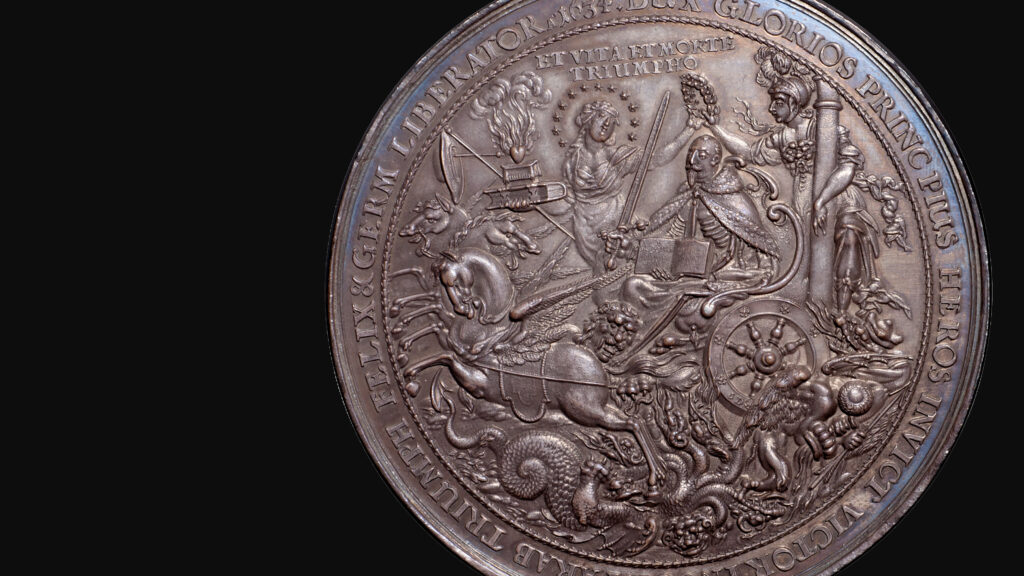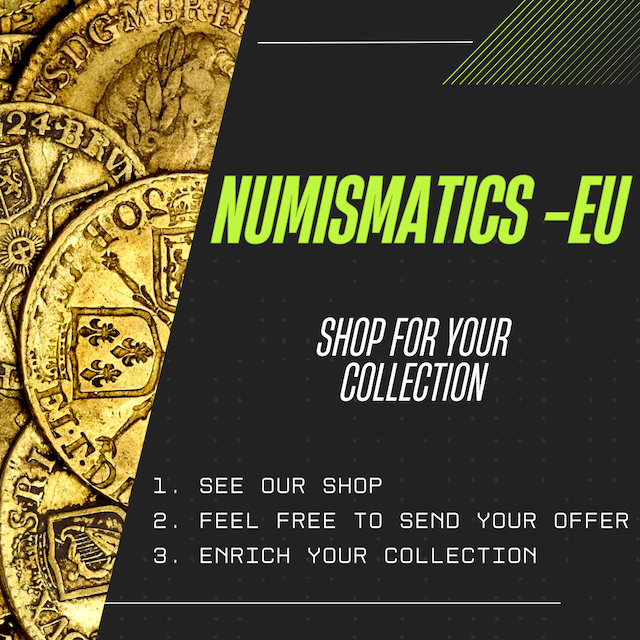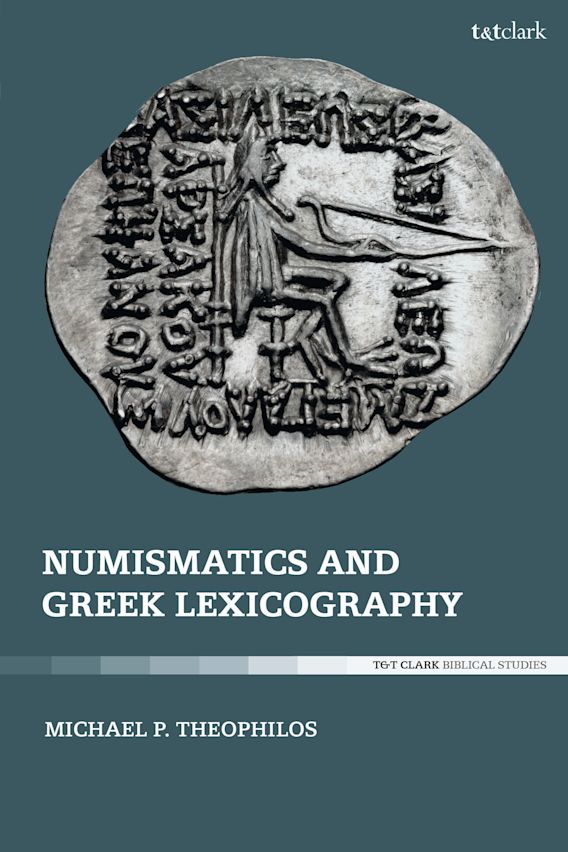Top Ideas To Choosing Banknote News And Krona
Wiki Article
How Can I Make Use Of An Numismatics Database To Conduct Research On Central Banks?
To efficiently collect and analyse data, you'll be required to follow some important steps.
Database Selection: Choose a database that specializes in financial and numismatic data such as those offered by financial institutions, academic libraries or specialized numismatic organisations. Numista's databases or the ones from the World Bank, or even academic journals such as JSTOR, are examples.
Search Strategy: Identify your research objectives. Are you interested the historical coins issued by a specific central bank, the economic policies that are reflected in coin designs, or the economic effects of numismatics decision-making? Customize your search term to include terms such as "central-bank coins", "numismatics" and specific central-bank names.
Data Collection: Use the advanced search capabilities provided by the database to narrow down relevant articles, reports and data sets. Find historical documents, policies, and numismatic catalogues that give information about the different types of coins, minting sites, and historical contexts.
Analysis After the data is gathered then you can use it to find patterns and trends. Review different central banks' ways of coinage, variations in the design of motifs throughout time as well as the economic aspects that influence coin production decisions. Find correlations between the numismatic trend with economic policies as well as historical developments.
Cross-References: Confirm the information you've gathered by cross-referencing your findings in various databases. This method ensures that the information is comprehensive and minimizes the chance of relying on isolated or biased information.
Documentation: Ensure that you note your findings in writing, citing the sources and methods you used. Documentation is essential for professional or academic ones, and it can increase the credibility of research.
Numismatic information, as well as the policies of central banks, are always changing. Make sure to regularly check the database to keep informed of new research, updated coin catalogs, or changes in central bank policies that could affect trends in numismatics.
Take these steps to make use of the power and knowledge of databases in order to conduct thorough research on numismatics, in relation to the central bank. This approach will allow you to explore the historical and contemporary aspects of the production and circulation of coins and also the broader economic consequences. See the recommended coin release for site advice including coin forum, yen, currency history, krona, gold, banknote rarity, uncirculated coins, banknote, currency collecting, euro and more.
How Can You Make Use Of An Numismatics Data Base To Research Coin Dealers And Numismatics?
In order to conduct numismatic research, is important to use databases that offer information about dealer listings and market trends, as well as historical transactions, as well as the numismatic transaction. Here's a systematic approach to conduct this research: Database Selection: Select databases that focus on dealer listings and numismatic trading. This includes online numismatic markets directories of dealers from numismatic associations (such as the Professional Numismatists Guild), databases of auction houses, and historical archives on trading in numismatics.
Define Research Focus: Specify your research objectives. Are you looking to learn about the history and background of coin dealers in particular price, market trends, or market developments, or the impact that dealers have been able to have on the numismatic collecting trend? Clarify what you are looking for to help guide your research.
Search Strategy: Use keywords like "coin dealers," "numismatic market," "dealer directories" and include specific names of dealers or geographic regions if applicable. Use advanced search options to sort results based on date, dealer specialties (such as ancient coins modern coins, antique coins, rare coins) and the type of transaction (auctions or private sales).
Data Collection: Find information on coin dealers including their names of business and locations, their specialties, dates of operation, and historical profiles. Learn about famous dealers and their contributions to the numismatic world or scholarships, and their participation in a variety of significant auctions or sales.
Analysis: Analyze and interpret the data in order to get a better understanding of the function that coin dealers play. Find out how dealers affect market dynamics, gather trends, authenticate and classify them, and assist to spread numismatic knowledge through publications and educational programs.
Cross-Referencing Verify what you have discovered by cross-referencing auction records, databases and archives from the past. This guarantees the accuracy and completion of your study. You will gain insights into the many different roles in numismatics.
Documentation: Document all your findings, including sources you relied on and the method you employed. Provide the databases you that you have used and the search term(s) used and the significance of each source to your questions.
Stay Up-to-date The numismatic market as well as the dealer landscape are constantly changing with new auctions, dealer entries, and market trends. Stay current by keeping track of updates from the auction houses, numismatic societies and online marketplaces.
By following these steps, you will be able to allow you to gain a thorough understanding of the world of numismatics in relation to dealers in coin. This approach allows you to examine the past and present profiles of coin dealers, their market impact and also their contributions to scholarly research they have contributed to numismatics. Follow the most popular banknote storage examples for site examples including dirham, gold coins, banknote club, rand, legal tender, quarter, coin value, dirham, rial, banknote marketplace and more.

What Can I Do With The Numismatics Database To Find Legal Experts To Help Me In My Research?
This type of research can be carried out in a structured manner by using databases that focus on numismatics and coinage regulations, currency laws, legal precedents and academic papers. A structured approach is provided to assist you in conducting this research. Examples include legal search sites such as Westlaw and LexisNexis as well as numismatic journal publications and law journals. publications of numismatic associations.
Define Research Focus: Specify your research objectives. Are you looking to learn about the legal frameworks and regulations that govern the currency or coinage as well as numismatic dispute resolution rules on the circulation of coins and production, or legal interpretations and definitions of numismatic authenticity and ownership? Find out what you're seeking to know in order to guide your exploration.
Search Strategy: Include specific legal concepts like authenticity or ownership in your search. It is also possible to include historical cases. Use advanced search to filter results based on date, jurisdiction (national and international) and legal subjects in relation to numismatics.
Data Collection: Find data on legal precedents, court rulings or legislative text, as well as academic articles on numismatic law. Collect details, such as briefs of court cases, legal analyses and interpretations on relevant statutes. Also, gather historical perspectives.
Analysis: Analyze and analyze the data to identify the legal challenges and implications of the numismatics. Discover how legal frameworks can affect numismatic trading collections management, collection processes, authentication procedures, and the international exchange of numismatic goods. Compare the legal frameworks and the interpretations of different jurisdictions.
Cross-Referencing. Verify what you have discovered by cross-referencing information from different databases, journals, court files and academic documents. This is a great way to ensure that you're doing precise and thorough research. Also, you'll have a clear understanding of the legal world in the field of numismatics.
Documentation. Document your research findings by noting the sources you used and documenting the research method. Keep track of specifics like the databases you used, the search words you used, and how each source is related to your study.
Keep updated: Numismatic law and legal interpretations are subject to the passage of legislation and judicial decisions. Stay up to date by keeping track of updates from legal databases, numismatic law publications, as well as updates from numismatic societies about legal developments.
Use these guidelines to utilize databases efficiently to study the numismatics of legal experts. This technique allows a comprehensive investigation into the legal frameworks, issues and scholarly interpretations which intersect with the field of numismatics and provides insight into the legal issues that govern collections, coins, and trade worldwide. Check out the most popular funny post on banknote certification for blog recommendations including banknote storage, coin show, bank, banknote show, banknote expo, banknote society, uncirculated coins, coin album, currency, bullion and more.

How Can I Learn More Information About Numismatics By Using Online Forums And Communities Using A Numismatics Database?
This involves using forums and online communities where enthusiasts, experts, and collectors can share their expertise as well as discuss trends and showcase their collections. Here's a structured approach to conduct research on databases: Database Selection: Pick online communities and forums that are specialized in numismatics. There are forums like CoinTalk and Reddit's R/Coins. You can also find groups that specialize in numismatics on social media sites like Facebook and LinkedIn.
Define Research Focus: Specify your research objectives. Are you interested to understand current collecting patterns, discuss specific coin types as well as historical times, seek advice on authenticity and grading? Or connect with experts in specialized areas of numismatics? Find out what you're trying to find in order to narrow your search.
Search Strategy: Use keywords that are relevant to your interests, such as "numismatic forums," "coin collecting communities," "online numismatic discussions," and include specific subjects (ancient coins contemporary coins paper money) or terms that relate to your research question. Utilize the search functions on these platforms to discover relevant discussion threads.
Data Collection: Search through threads, discussions, posts, and other data in forums online and community. Find out about coin identification tips, current market trends as well as personal experiences and discussions about numismatics.
Examine the data to discern opinions, expertise and experiences that are shared among members of the online communities. Evaluation: Examine the veracity of information based on the experience of the contributors, the consensus among members regarding specific topics as well as the quality of discussions.
Cross-Referencing - Verify the accuracy of your conclusions by comparing information from multiple communities and forums. Compare insights across different platforms to gain a greater understanding of collecting trends or market trends and also experts in the numismatic world.
Documentation: Record your findings systematically, citing specific threads, discussions and contributors when essential. Keep track of the key findings and views expressed in online communities and forums.
Engage in Discussions: Participate with discussions, pose questions and participate in discussions to gain insights and build connections within the community of numismatics. Keep abreast of new threads. Replies, and Announcements to stay abreast of the most recent developments and discussions.
If you follow these steps, you'll be able to effectively make use of online forums and communities to conduct your research on the field of numismatics. This gives you access to the experience and knowledge of a vast variety of experts and collectors. You will gain valuable insights on the various aspects of collection, identification, and appreciation. Take a look at the top rated my response about austrian coins for blog recommendations including coin marketplace, peso, coin identification, legal tender, coin errors, currency forum, numismatic value, coin display, mint condition, dime and more.

How Can I Search A Database In Numismatics For Networking Opportunities?
If you're conducting research on numismatics focusing on networking, it's crucial to utilize databases as well as other platforms. They will allow you to connect with collectors, dealers and scholars. This is a method that can be structured to conduct such research. Selecting a Database: Select databases and platforms that are specialized in the field of numismatic networks. Examples include websites for numismatic societies online forums like CoinTalk and Reddit's R/Coins social media groups on Facebook, LinkedIn, and professional networks.
Define Research Focus. Specify your goals for your network. Are you seeking to connect with collectors, exchange information and experience, work with dealers on acquisitions, sales, or work with scholars on research projects? Make sure you know what interests you have to guide your search.
Search Strategy: Utilize keywords such as "numismatic networks," "coin collecting forums" or "numismatic groups on social media" and if appropriate, include geographic regions or specific interests. Search within the platform to locate appropriate forums, groups, and events.
Data Collection: Obtain details on the opportunities for networking within the numismatics community. Gather information about group descriptions, member benefits (such access to events and discussions) forthcoming events and profiles of the key organizers and influencers.
Analyze all information to find networks and opportunities which are pertinent. Evaluate the engagement levels within forums and groups and the variety of the participants (collectors, dealers, scholars) as well as the frequency of updates and discussions and the potential for professional or scholarly collaborations.
Cross-Reference: Confirm the data you've gathered by comparing it to other databases, websites of society for numismatics, social media groups and professional networking platforms. This lets you discover a wide range of networking options on various platforms and regions.
Engagement: Engage with your preferred networks, contributing to discussions, sharing information, answering questions and bringing your expertise to the table. Make connections with other dealers, collectors and scholars in order to build your network and exchange valuable numismatic knowledge.
Documentation. Document your network activities by capturing the groups, platforms as well as the events and contacts you have made. Track the outcomes and opportunities you get by networking.
These steps can assist you to discover numismatics as a means to connect. By using this approach you will be able to expand your personal and professional networks in the field of numismatics. You'll be capable of facilitating collaborations, exchange of ideas as well as participate in activities that increase your understanding. Take a look at the top consultant on banknote authenticity for blog advice including numismatic investment, coin magazine, proof, treasury, numismatics, peso, federal reserve, banknote value, banknote collection, mint condition and more.
